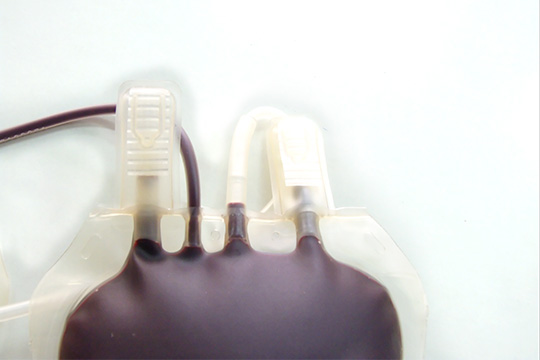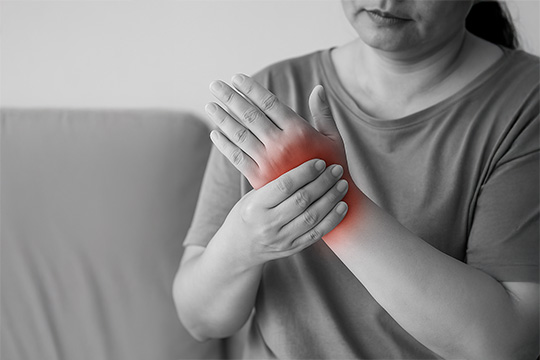Home > Disease and Treatments > Dengue fever
Dengue fever
Dengue, commonly called break-bone fever, is a viral disease spread by mosquitoes. It is prevalent in tropical and subtropical regions.
Most individuals infected with dengue do not exhibit symptoms. For those who do, common symptoms include high fever, headache, body aches, nausea, and rash. Recovery typically occurs within 1-2 weeks, but severe cases may require hospitalisation. In extreme instances, dengue can be fatal.
To reduce the risk of dengue, it is important to avoid mosquito bites, especially during daylight hours. Treatment primarily involves pain relief, as there is currently no specific cure for dengue.
SYMPTOMS
Many individuals do not show any signs or symptoms when infected with dengue.
When symptoms do appear, they can be mistaken for other illnesses like the flu, typically starting four to ten days after being bitten by an infected mosquito.
Dengue fever can cause a high fever of 104°F (40°C) along with several other symptoms, including:
- Headache
- Muscle, bone, or joint pain
- Nausea
- Vomiting
- Pain behind the eyes
- Swollen glands
- Rash
Most people recover within a week.In certain instances, symptoms can escalate and pose a serious threat to life, leading to a condition known as severe dengue, dengue hemorrhagic fever, or dengue shock syndrome.
Severe dengue occurs when blood vessels become damaged and leaky, and the number of clot-forming cells (platelets) decreases. This can result in shock, internal bleeding, organ failure, and potentially death
Warning signs of severe dengue, which is a medical emergency, can develop rapidly, usually within the first day or two after the fever subsides. These warning signs include:
- Severe stomach pain
- Persistent vomiting
- Bleeding from the gums or nose
- Blood in urine, stools, or vomit
- Bleeding under the skin, resembling bruises
- Rapid or difficult breathing
- Fatigue
- Irritability or restlessness
Diagnosis
Diagnosing dengue fever can be challenging because its symptoms are similar to those of other illnesses like chikungunya, Zika virus, malaria, and typhoid fever
Doctors use blood tests to detect antibodies against the dengue virus or identify the infection's presence. They may perform either a virological test or a serological test
Click on the link to know more about Royal Care Hospital’s Laboratory Medicine
This test directly detects components of the virus. It often requires specialized equipment and technically trained staff, so it may not be available in all medical facilities.
Serological Test
This test identifies antibodies in the blood, confirming a current or recent infection.
Risk Factors
Your risk of developing dengue fever or a more severe form of the disease increases if:
- You live or travel in tropical areas: Exposure to the virus that causes dengue fever is higher in tropical and subtropical regions.
- You have had dengue fever before: A previous infection with a dengue virus increases the risk of severe symptoms if you contract the disease again.
Complications
Severe dengue fever can lead to internal bleeding and organ damage, with blood pressure potentially dropping to dangerous levels, causing shock. In some cases, severe dengue fever can be fatal.
Women who contract dengue fever during pregnancy may transmit the virus to their baby during childbirth. Additionally, infants born to mothers with dengue fever during pregnancy are at increased risk of preterm birth, low birth weight, or fetal distress.
Management and Treatment
There are no medications or treatments specifically designed for dengue infection.
If you suspect you have dengue, over-the-counter pain relievers can help alleviate fever, headache, and joint pain. However, it's important to avoid aspirin and ibuprofen, as they may increase the risk of bleeding.
A medical examination by your doctor is essential, and you should ensure you get plenty of rest and stay hydrated. If your symptoms worsen after the first 24 hours of illness, particularly after your fever subsides, seek immediate hospital care to monitor for potential complications
Preventive Measures
The primary methods to protect yourself from dengue are avoiding mosquito bites.
Mosquito Protection
To lower your risk of dengue fever, take the following measures to prevent mosquito bites:
- Use mosquito repellent both indoors and outdoors.
- Use air conditioning instead of opening windows.
- Ensure that window and door screens are secure and repair any holes.
- Sleeping areas that are not screened should be protected with mosquito nets.
- Eliminate standing water from items such as buckets, birdbaths, and old tires where mosquitoes can breed.
- If you’re pregnant, avoid traveling to regions with a high incidence of dengue if possible.
Disclaimer
This is general information about the disease and treatment options, please consult a specialist doctor for the right diagnosis and treatment which may vary based on each patient.





